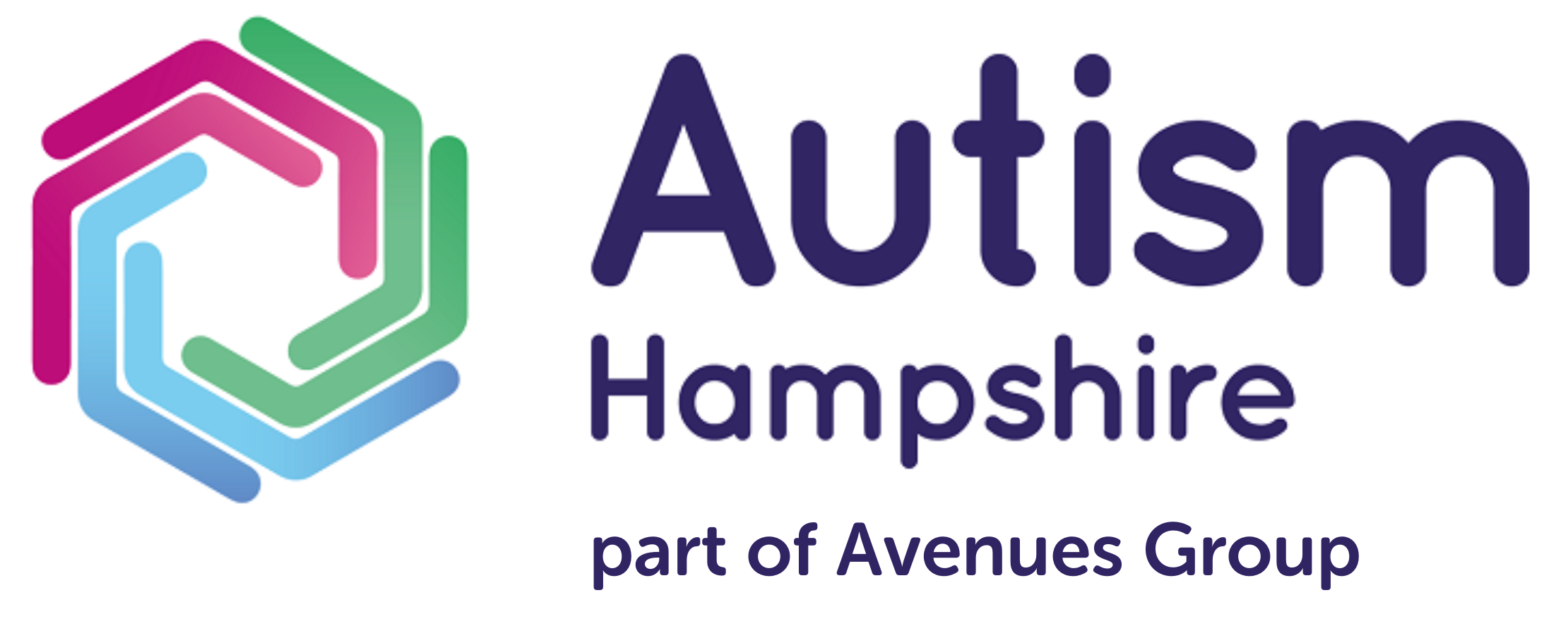Starting your own business and campaigning for inclusion
3rd April 2024

Like so many autistic people, H struggled to find their place in the workplace and wrestled with the idea that things had to be done in a certain way. But as a self-employed proofreader, H has carved their own path and hopes sharing their experience will help others to realise their own potential.
H, who lives near Winchester, was diagnosed as autistic 10 years ago when they were 18. While they knew about autism, this was not in any detail, so they ended up experiencing imposter syndrome.
H explained: “Most of what I knew was the then-stereotypical view of autism. I didn't even consider the possibility that I might be autistic because I didn't fit into this preconceived idea of what an autistic person looks and behaves like.
“Even after I was diagnosed, I didn't feel like I was actually autistic. I suffered a lot with imposter syndrome, because my experiences were so different to what other people described when talking about autism.
“It took me a few years to start to understand what the autism spectrum was, and then I began to understand my place on that spectrum.”
H describes never really being able to make strong in-person connections, because of the overstimulating environments which make up society such as noise, the amount of people, and the sensations. But as the online world has grown, H has found a way to 'live' more.
H said: “I've made more friendships online and I've built my business online. Without the internet, I don't know how well I'd cope.
“So much of the outside world feels inaccessible to me, especially now that I have a physical disability from breaking my ankle, so knowing that I can still access the world through the internet has made a big difference.”
H’s confidence has also grown with the success of their new self-employed business. For the past few years, they've been building a self-employed business as a freelance proofreader – looking out for errors in text and layout that most people overlook, working on everything from books to websites.
“I've always had a strong interest in writing, and sometime after my diagnosis I joined a writing critique group. With their encouragement, I started looking into editing, which led me to look into proofreading,” explained H.
“That led me to the Prince's Trust, whose online Enterprise programme seemed to be just what I was looking for. It was a supported programme from the comfort of my own home, with support from a business mentor to help me set up as a sole trader.
“The support I got from my mentor was invaluable. I couldn't have done it without her, and after a year I launched my business and graduated from the programme.
“For anyone else considering starting your own business, finding support is essential. There are a lot of options now, especially online, and many of them are free programmes like the Prince's Trust. Having someone to talk to, to guide you, and to help you makes a massive difference.
“I've also found that working on my own has been an amazing experience. I have complete flexibility over my work, my working hours, and more. It's been isolating at times, so I recommend finding a wider support network too, whether that's through networking, business support groups, or increasing social opportunities elsewhere.”
H has also found a drive with other passions in their life including campaigning for equality and celebrating neurodiversity.
Shortly after H started volunteering for Autism Hampshire as a proofreader, they were invited to join the Expert by Experience forum to feedback on the charity's projects. Since then H has also helped to promote the Neurodiversity Celebration Week initiative which aims to challenge stereotypes and misconceptions about neurological differences.
H said: “EBE to me is about supporting autistic people as much as possible. I have a special interest in inclusivity, which EBE really strengthened.
“The more autistic people who speak about their experiences, the more chance we have of neurotypical people understanding us and realising we aren't as different to them as they think.
“For example, there's still a prevailing myth that autistic people don't know what's best for them. This is a myth quite easily solved by more communication and access to communication. There are people on the autistic spectrum who might not be able to verbally communicate but still communicate through augmentative and alternative communication (AAC) or through text.
“It's okay to do things differently to how you're expected to. As long as you're not harming yourself or other people, you can be free to carve your own path.
“Explore what's available to you. That could be looking at different kinds of support (fidget tools, reasonable adjustments) or just being happy with how you do things.”
To find out more about H and their proofreading services, visit https://hnossproofreads.co.uk/business-proofreading-services/.
